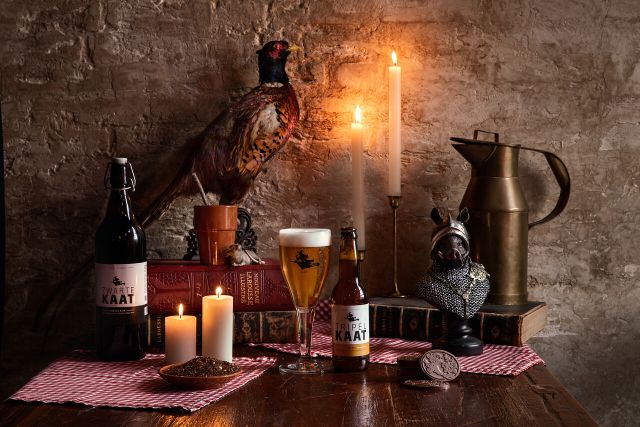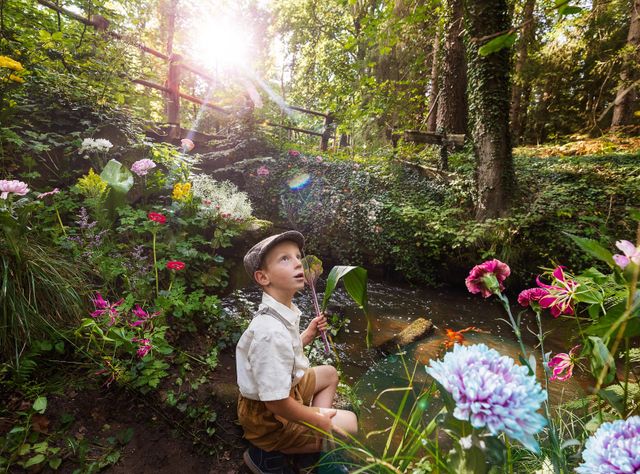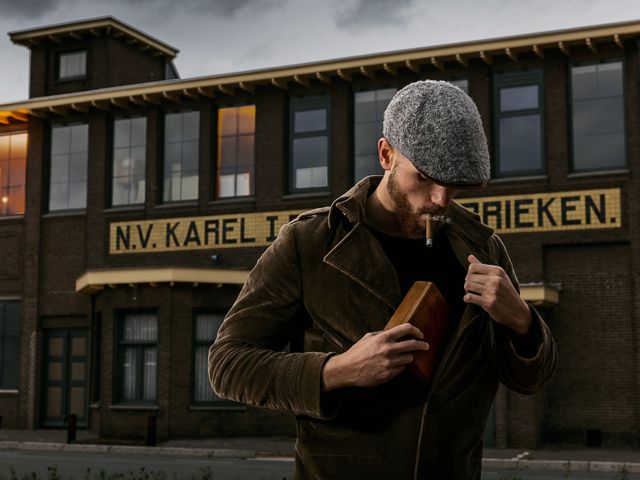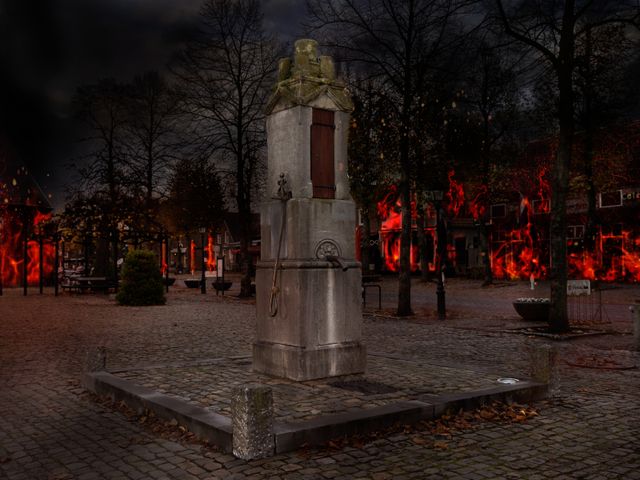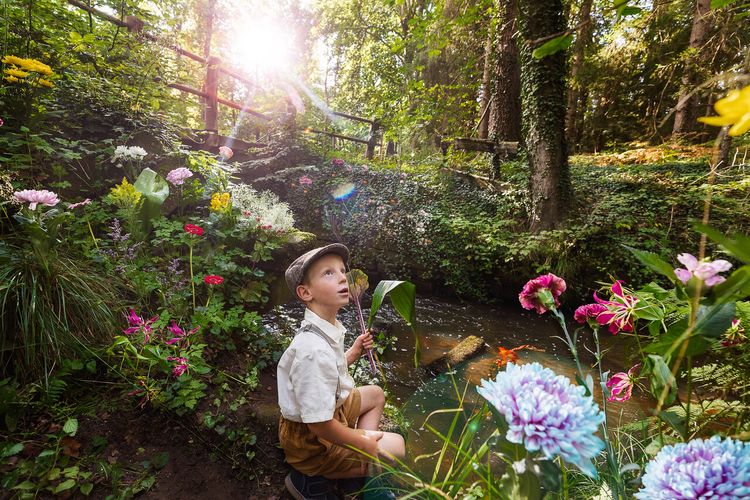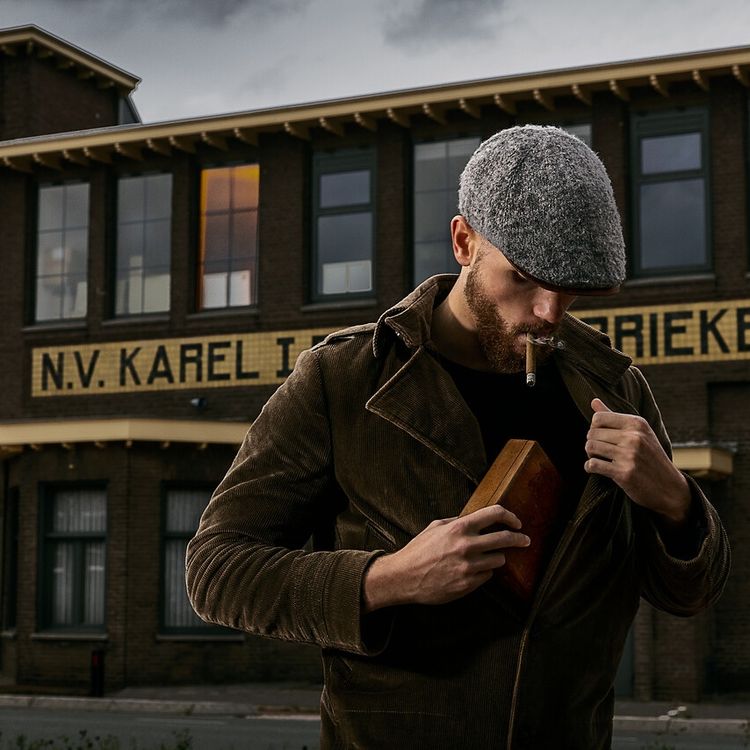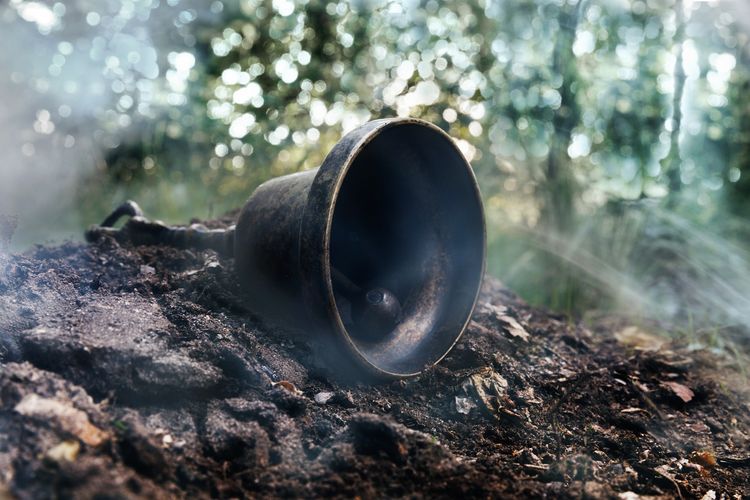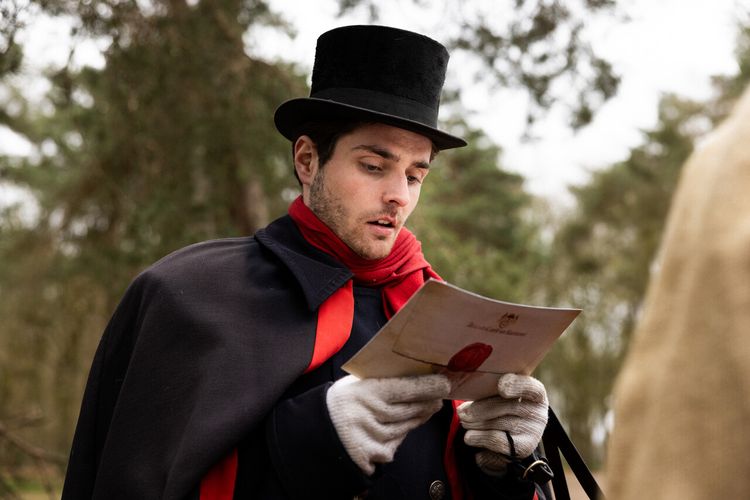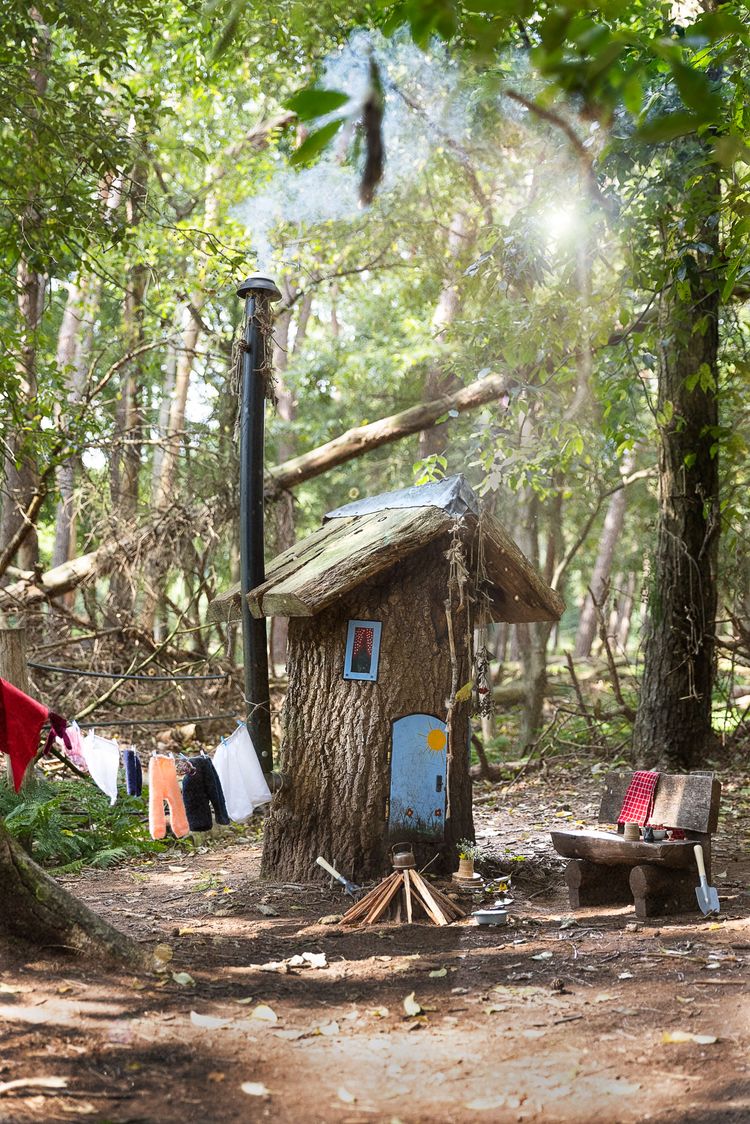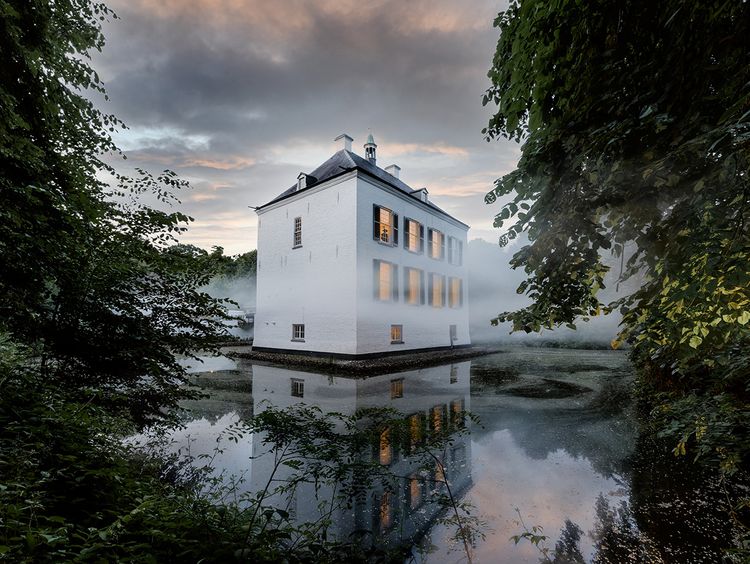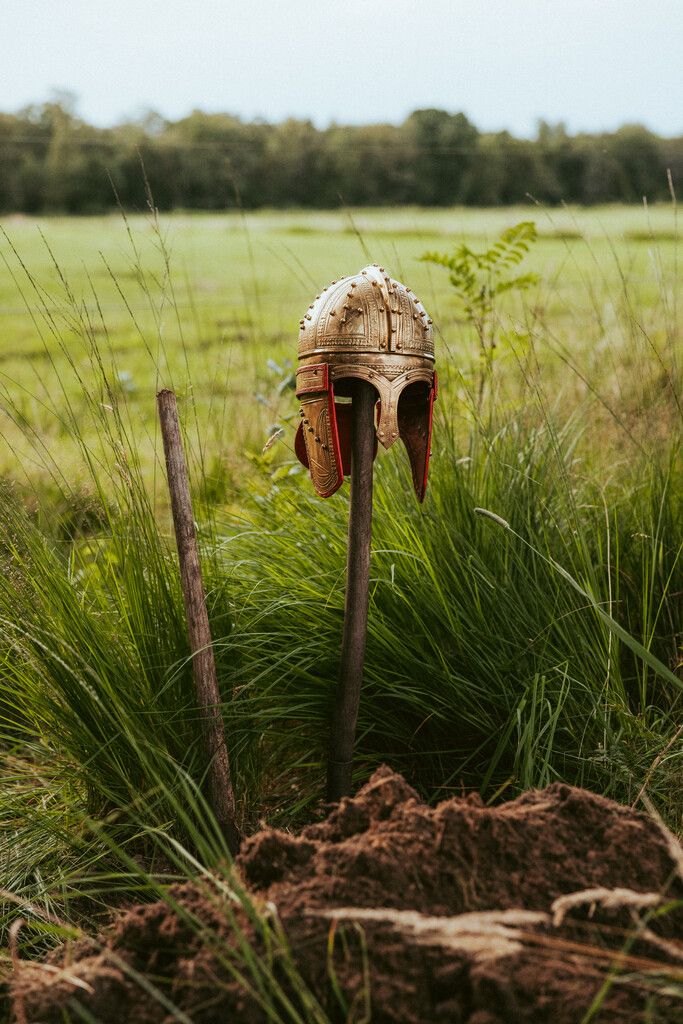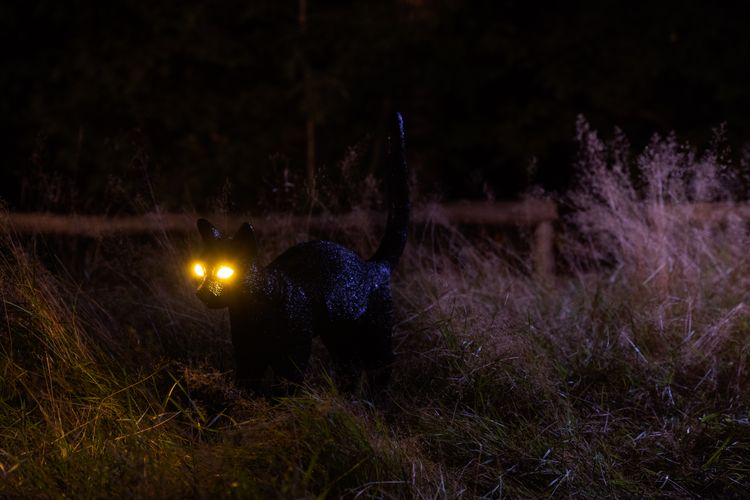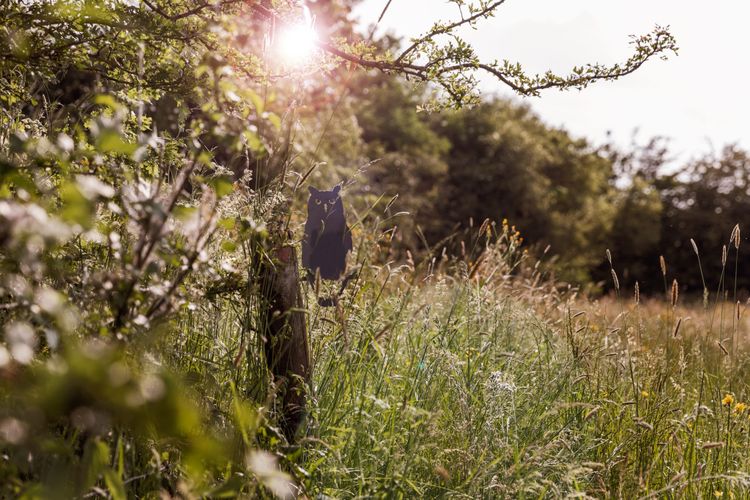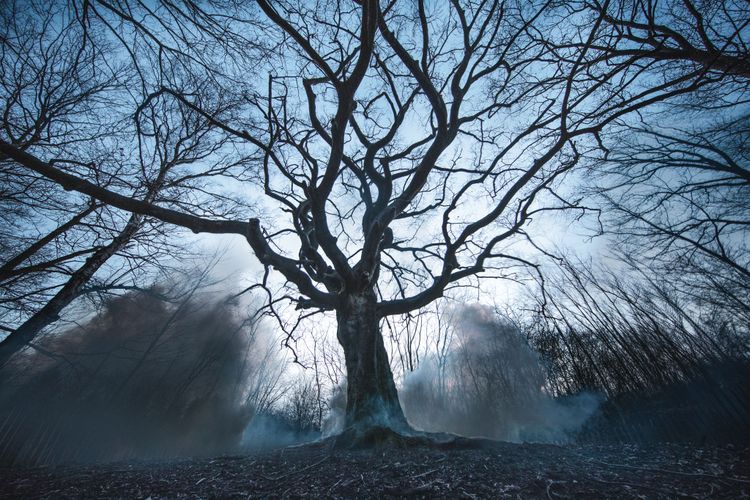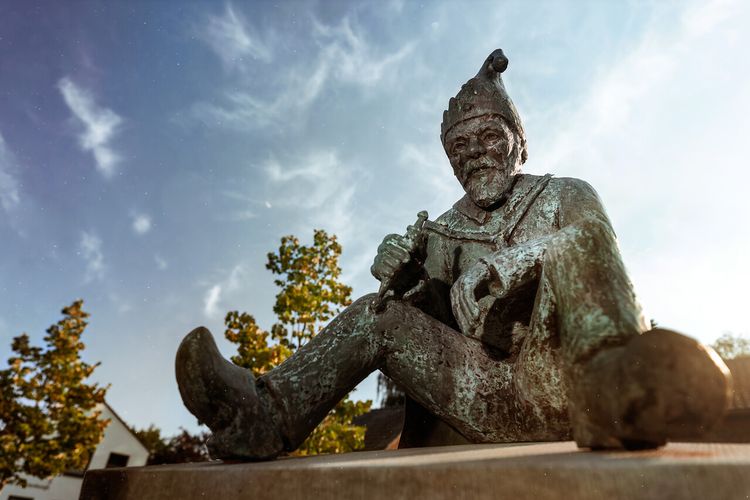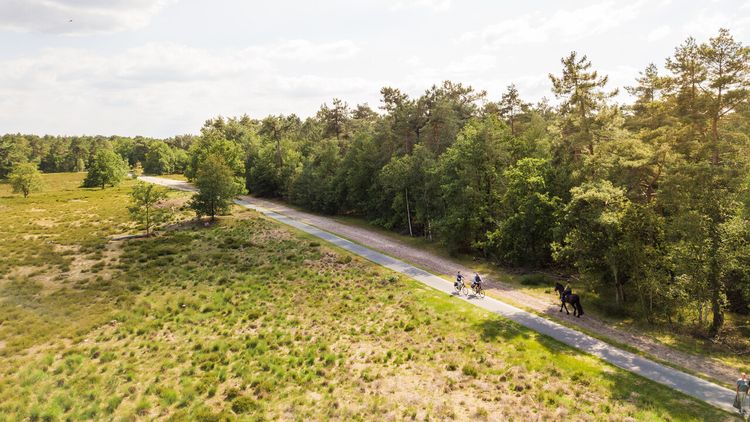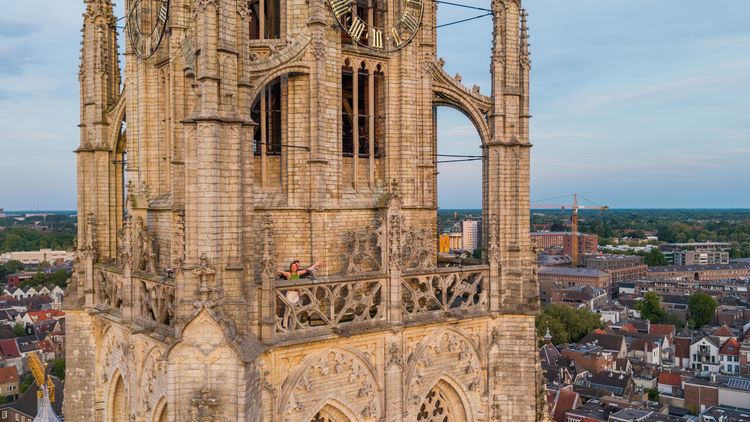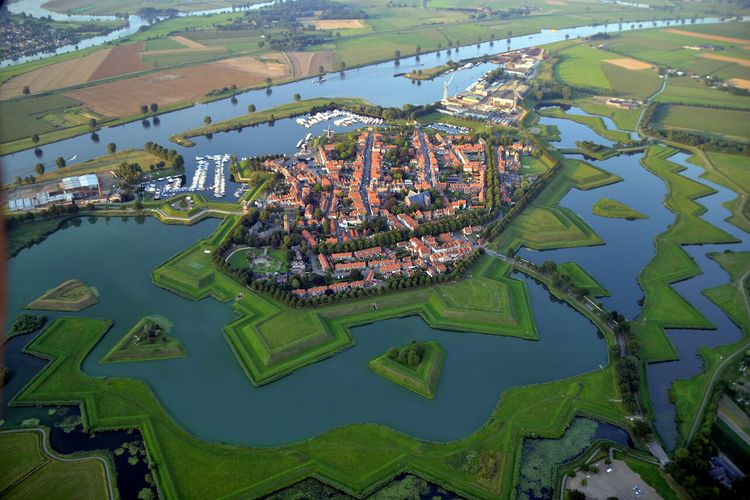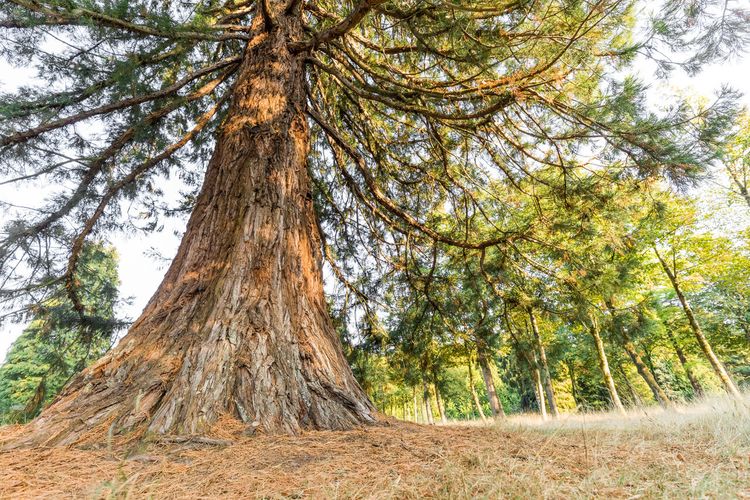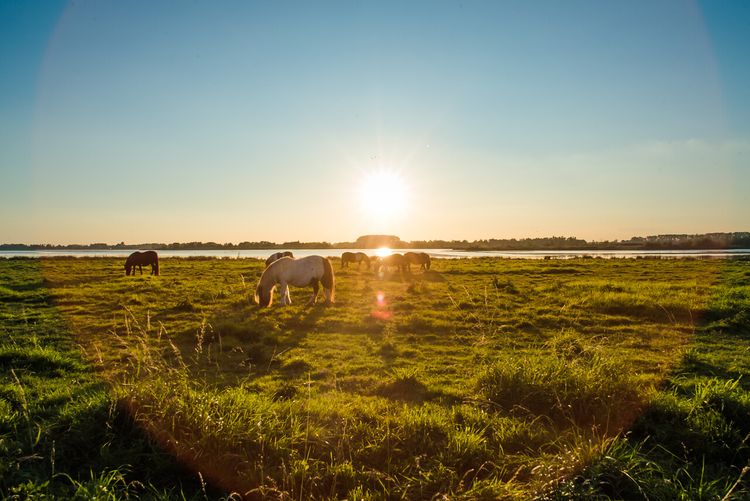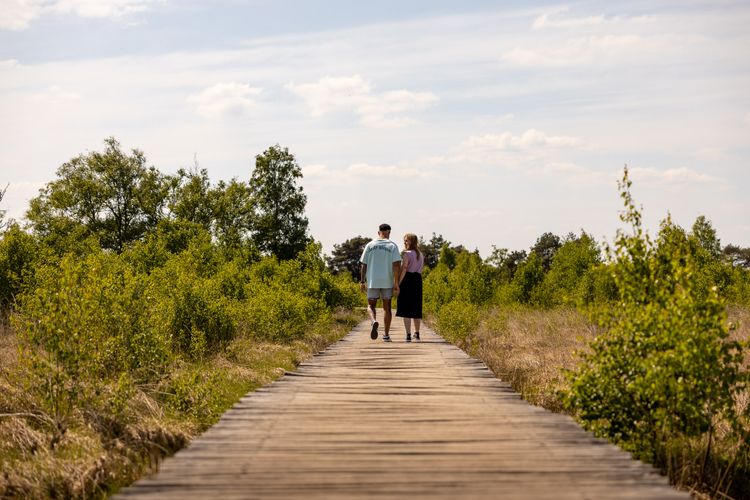Sagas & Legends routes in North Brabant
All Sagas & Legends routes
Clear signage
Via the numbered junctions
Via the numbered junctions
The Sagas & Legends routes have been set out across the Brabant numbered junction network. Follow the route from junction to junction via the recognisable junction signs. You simply cycle or walk from one number to the next. The junction numbers are on signs along the side of the road. Arrows then point you in the direction of your chosen number.
If there is something wrong with the route signage, please let us know via our Hotline. You can also call 0800-4050050 (free).
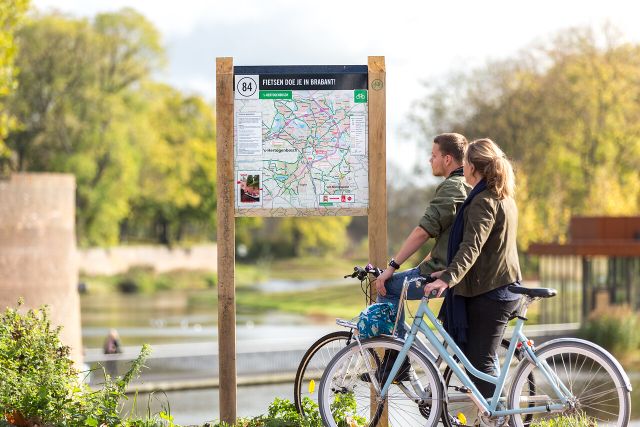

Sagas & Legends routes on the map
Stop and discover
Make your adventure complete and let the special Brabant regional stories themed products, offers and package deals pleasantly surprise you at the various businesses along the Sagas & Legend route. Get yourself a delicious beer with tasty snacks, a refreshing ice creams or lovely souvenirs.
